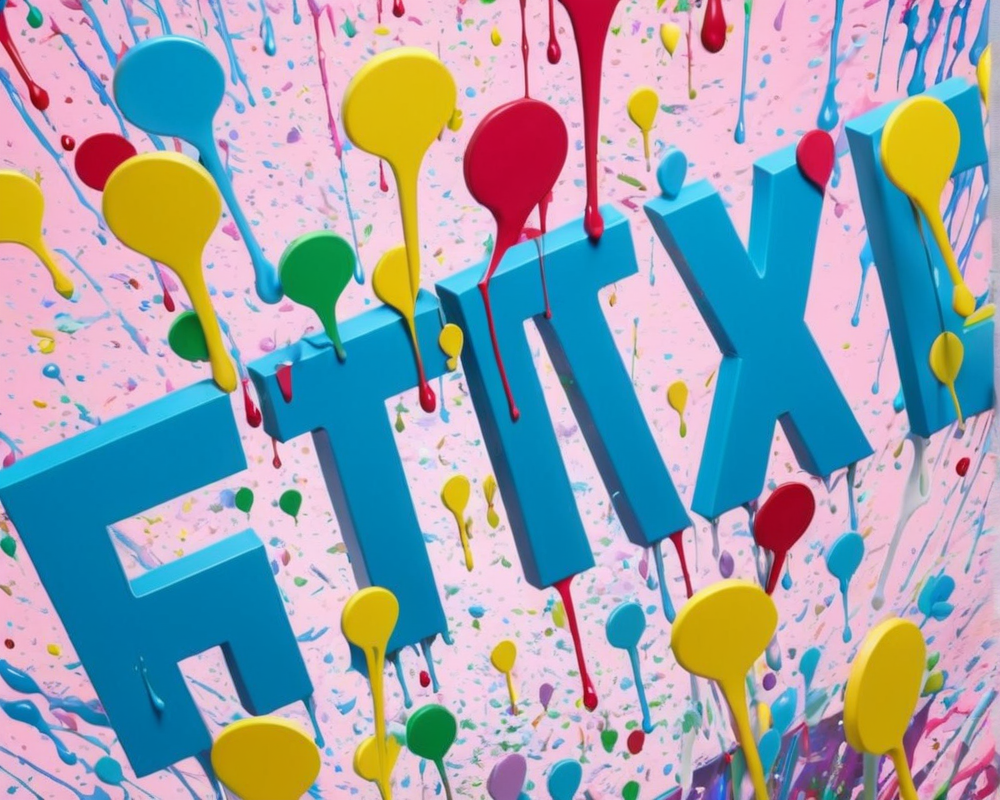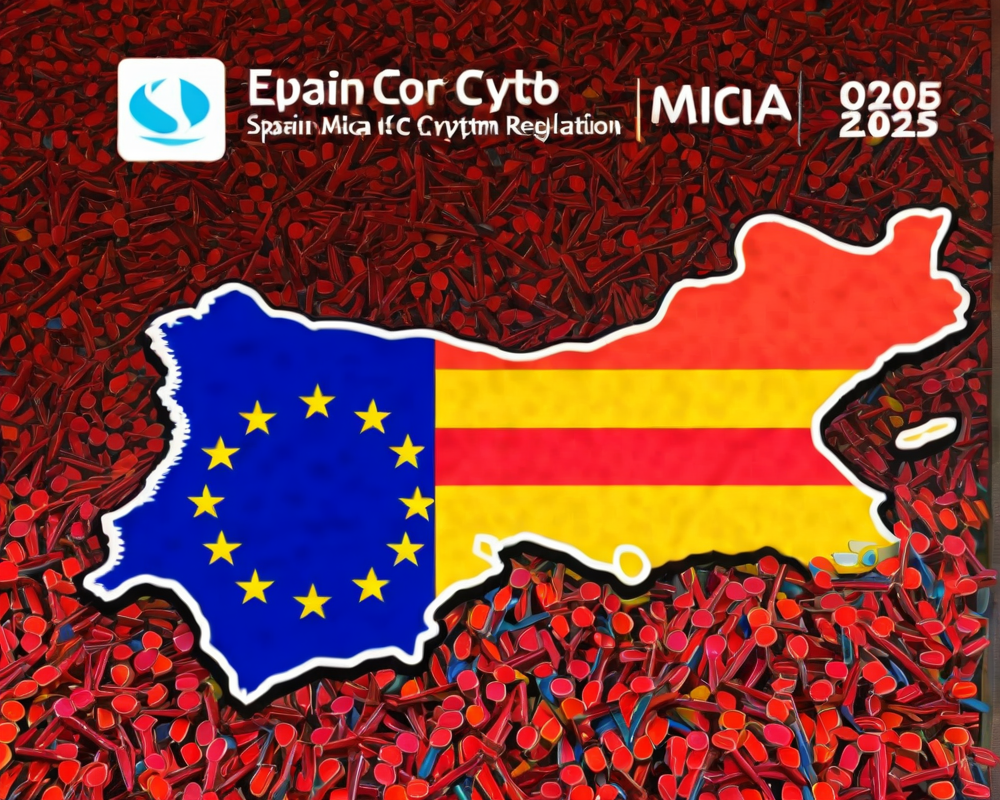Non-U.S. Customers Rally for Privacy
A collective of non-U.S. customers from the infamous FTX crypto exchange isn’t just looking for their money back; they are also on a mission to keep their identities secret. In a filing from December 28, the self-proclaimed Ad Hoc Committee of Non-US Customers of FTX.com urged the court to redact personal information from public records, fearing that revealing their names could lead to identity theft and targeted attacks. Who knew crypto could be this dramatic?
Understanding the Risks
The committee isn’t mincing words. They argue that exposing customers’ identities poses a serious threat, adding that such disclosures would only serve to re-victimize those already affected by the company’s downfall. They state, “The disclosed names and other identifying information… would cause irreparable harm.” It sounds like they’ve watched one too many true crime documentaries.
The Magnitude of the Losses
Representing around $1.9 billion in assets trapped within the FTX platform, this committee is made up of just 15 members—individuals and representatives—but undoubtedly indicates a far larger contingent of disgruntled investors. Just imagine trying to explain to Aunt Martha that your crypto assets are locked up with a company that’s gone belly-up. Ouch!
The Legal Tug-of-War
The Ad Hoc Committee is backing a “Motion of Debtors for Entry of Interim and Final Orders,” which seeks to keep customer info confidential. However, the U.S. Trustee’s office has already voiced dissent, arguing that transparency must prevail in bankruptcy proceedings. This has led to a disagreement that’s shaping up to be spicier than a jalapeño on taco night. They want public access to judicial records because, as WSJ’s Andrew Scurria pointed out, “Bankruptcy courts normally require transparency… in return for the protections of Chapter 11.”
The Precedent Set by Celsius
This isn’t the first rodeo for the crypto world when it comes to privacy concerns. A past incident during the Chapter 11 bankruptcy of Celsius made waves when court documents disclosed private details about numerous customers. This was met with outrage from the crypto community. Lesson learned? Your crypto wallet might be safer under a digital lock, or at least more private, if it involves less public scrutiny.
Conclusion: A Balancing Act
In the end, it’s a delicate balancing act between protecting individual privacy and maintaining the public’s right to know. While the Ad Hoc Committee fights for anonymity, a chorus from media outlets demands accountability and transparency. As the legal battle unfolds, one can only hope all parties walk away a little wiser—and a lot richer!




